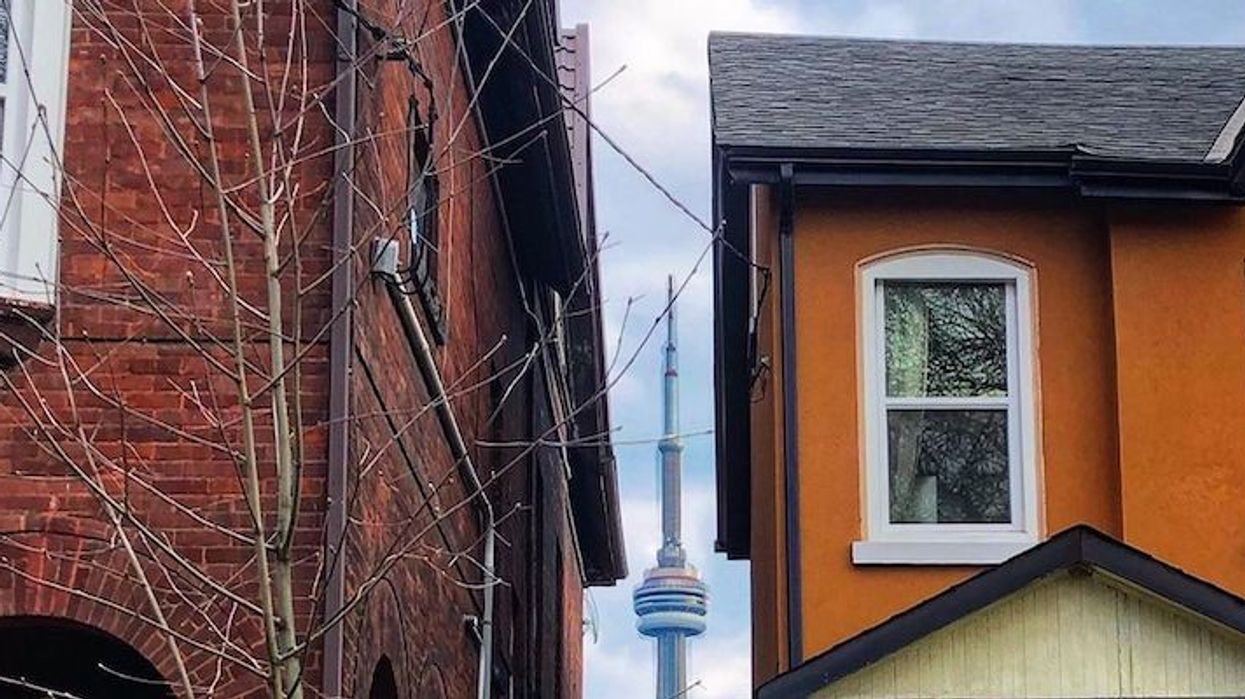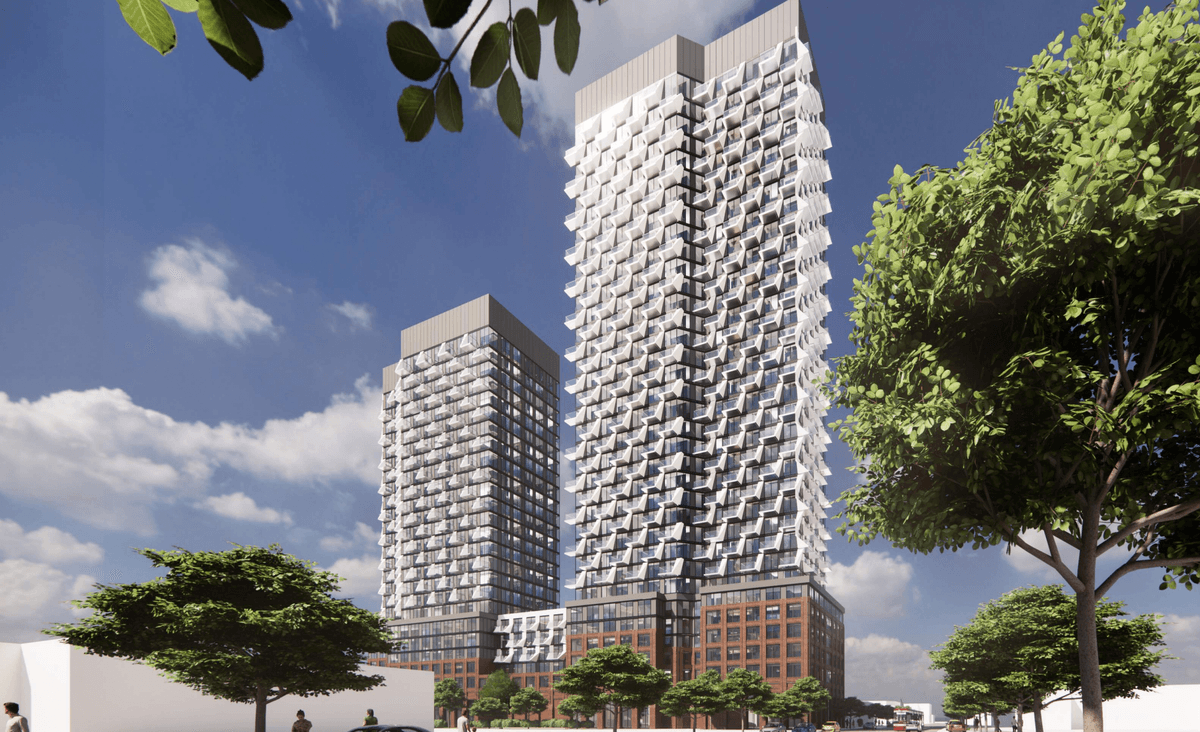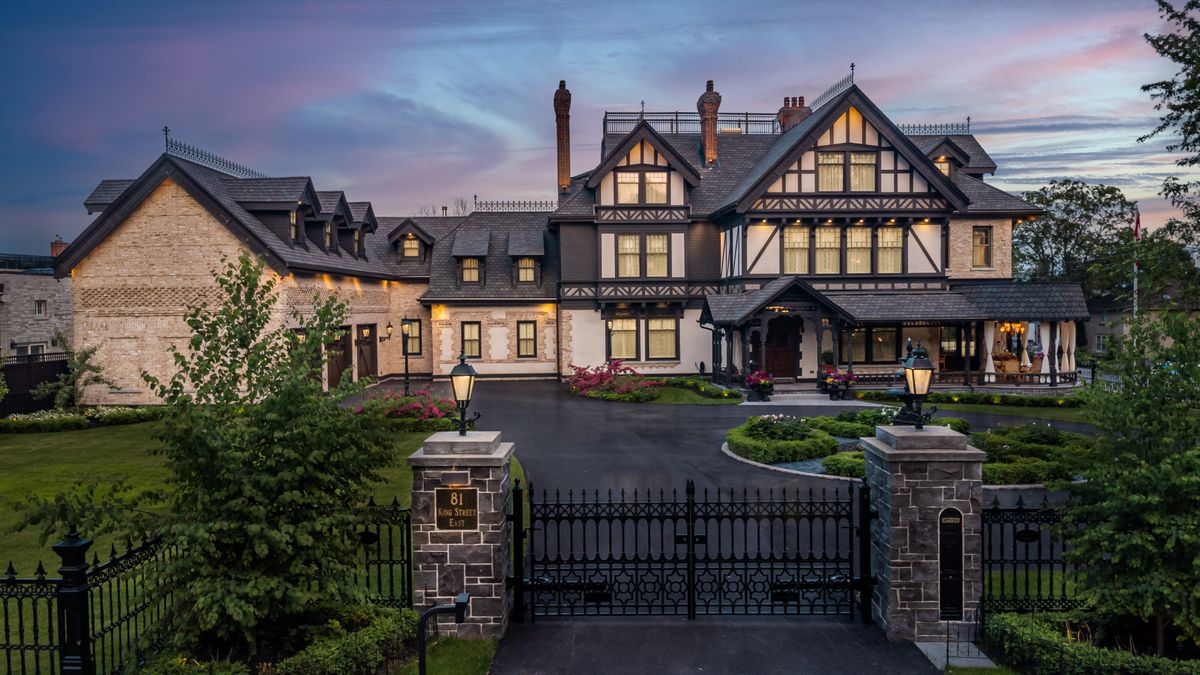When COVID-19 hit Canada, predictions about the housing market began to fly (along with predictions about every other aspect of life).
Before March, Toronto real estate was already on a tear in 2020. January saw the highest monthly price gain in two years (8.7% y-o-y), leading TRREB to declare that the hot GTA market would be a trend buyers and sellers should get used to seeing for the rest of the year.
February didn't disappoint either, seeing its highest number of new home sales in nearly two decades and enjoying an overall rise in sales activity of 45% y-o-y.
It was going to be a banner year.
Of course, we all remember mid-March. Like most aspects of daily life, real estate ground to a (near) halt. For weeks, the uncertainty and sickness in the air stifled momentum and slowed interactions to record lows.
READ: The Toronto Housing Market is on Fire, Except Where it’s Not
In April, national home sales fell 56.8%, while in Toronto they plunged nearly 70% y-o-y. Market bears were starting to hold up their 'I told you so' signs. A report from TD at the end of April, which called for Toronto home prices to rise by nearly 8% in 2020, was loudly mocked for being out of touch with reality. By mid-May, the CMHC had released their now-famous forecast calling for average housing prices to drop up to 18% in the next 12 months based on the amount of mortgage deferrals taking place.
But 2020 had already reached its low point for real estate. Just a few weeks later and June was already back to near-normal levels. Since then, it hasn't looked back, and it's only gone up -- to record highs, month after month.
In the middle of May we put out on article highlighting 17 separate market forecasts and updates. They ranged from the aforementioned bullish TD forecast to housing prices remaining flat y-o-y, all the way to a worst case scenario from RBC suggesting the possibility of a 30% drop in sales in 2020.
Everyone was wrong.
Actually, check that. Everyone was wrong on the resale side of things. On the rental side, many were bang on -- including Urbanation, who as early as mid-April suggested relief was on the way for renters. But we're not here to talk about rent right now.
What has actually happened over the past six months is a meteoric and sustained rise in both Toronto listings and prices. Every month from July through to November has seen double-digit y-o-y increases in homes sales, ranging from 24.3% (November) all the way to 42.3% (September).
As of TRREB's latest report, average year-to-date prices in the '416' in 2020 have jumped up to $994,548. In 2019, that same average price point was more than $100,000 less, at $883, 272. That's a hell of a rise in a pandemic-filled year. Then again, if you'd been paying attention to COVID-19 in March and April and looked around and said, '2020 has a chance to be the best year for Toronto real estate -- from a sales and price standpoint -- on record', you would have been laughed out of the room, or at least told to read it.
But you wouldn't have been wrong.
The reasons for these increases are mostly clear. Despite the pandemic, Canadians have actually been saving more money than ever before. Canadians making enough income to be in the home-buying category were among the least likely to suffer job losses due to COVID. Interest rates are at historic lows, a fact that has served to allow many first-time homebuyers who may have previously been priced out of the market to now be able to afford a property. COVID has led to people wanting more space, whether they find that space inside the city or outside of it.
And, on top of everything else, demand has simply been outpacing supply for months.
READ: Toronto Storeys’ Real Estate Issue of the Year 2020: The Race to Cottage Country
Of course, major consequences of COVID are taking place in the real estate sector. (Remember, at some point in your life, you get so high, there's nowhere left to go but down...) Rent prices have dropped 20% in 2020 (good for renters, not so much for small landlords). Airbnb units flooded the rental market following both travel restrictions and updated city policies. The 'tiny' condo market has taken a huge hit. In fact, the condo segment in general has seen a cooling off to the point that y-o-y prices in recent months have essentially remained flat. Immigration all but stopped for a quarter of the year, international students stayed at home, and students of all kinds suddenly didn't need a downtown apartment, whether renting or buying.
Indeed, Toronto real estate has recently become a tale of two cities -- the condo market and everything else.
All of the above withstanding, Toronto still remains a world-class city. People will come back. Students will return. New residents will arrive. Don't believe for a second that downtown living is dead -- on pause, sure, but dead? Not a chance. Everything that has made urban living the most popular form of housing for the past century has not been fundamentally erased forever by the arrival of COVID-19. Is there an opportunity for improvement? Definitely. Can we do better? Always. And we'll keep getting that chance as the city, and the world, move forward (in tandem with a greatly anticipated vaccine).
So, as the forecasts continue to come in for the Toronto real estate market in 2021, just keep in mind -- no one got 2020 right. Which, in an utterly unpredictable year, is perhaps the most fitting type of vague comfort we'll ever get.





















